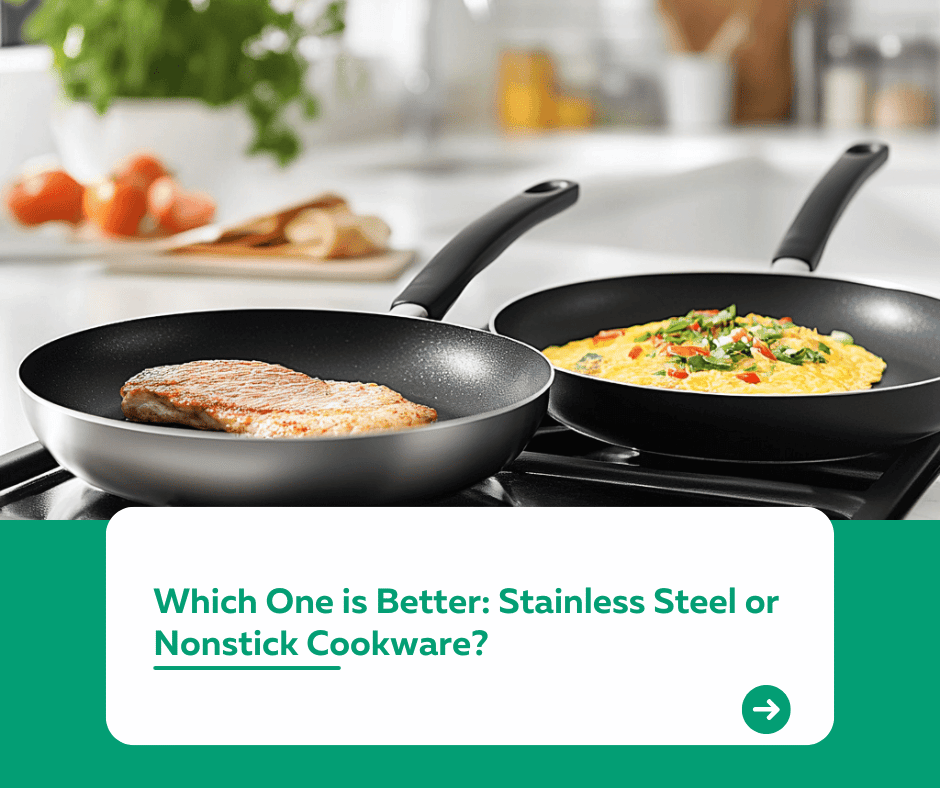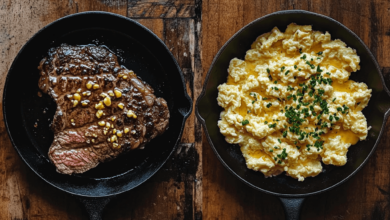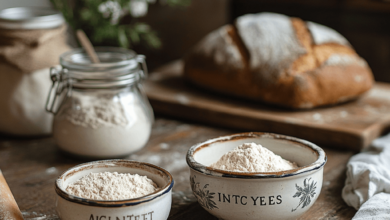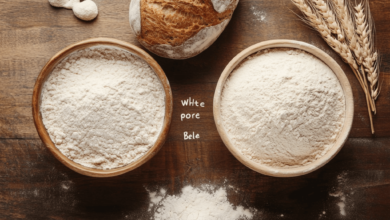Which One is Better: Stainless Steel or Nonstick Cookware?

Introduction
Cookware plays a significant role in your kitchen, and choosing between stainless steel and nonstick can be a challenge. Which one is better for your cooking needs? Both have their strengths and weaknesses, and your choice depends on your cooking habits and preferences. Let’s explore the pros and cons of stainless steel and nonstick cookware to help you make an informed decision.
1. Stainless Steel Cookware
Advantages
✅ Durability: Stainless steel is long-lasting and resistant to scratches.
✅ Versatility: Suitable for high-heat cooking like searing, browning, and roasting.
✅ Non-Reactive Surface: Won’t interact with acidic or alkaline foods.
✅ Even Heating: When combined with a copper or aluminum core, it distributes heat evenly.
Disadvantages
- Requires Oil: Food can stick if the surface isn’t properly preheated or oiled.
- Challenging to Clean: Burnt-on food can be difficult to remove.
Best For
- Searing meats, stir-frying, and dishes requiring browning.
- Cooks who prefer durable cookware for long-term use.
2. Nonstick Cookware
Advantages
✅ Easy to Clean: Food slides off effortlessly, requiring minimal scrubbing.
✅ Healthier Cooking: Requires little to no oil, perfect for low-fat recipes.
✅ Ideal for Delicate Foods: Great for eggs, pancakes, and fish.
Disadvantages
- Lower Heat Tolerance: High heat can damage the nonstick coating.
- Durability: Prone to scratches and wear over time, especially with metal utensils.
- Chemical Concerns: Older nonstick pans with Teflon may release harmful fumes if overheated.
Best For
- Cooking delicate foods like eggs or crepes.
- Quick and easy meal preparation.
3. Key Comparisons
| Feature | Stainless Steel | Nonstick |
|---|---|---|
| Durability | Highly durable | Less durable over time |
| Ease of Cleaning | Requires effort | Easy to clean |
| Oil Requirement | Needs oil | Minimal or no oil needed |
| Heat Tolerance | High heat capable | Limited heat tolerance |
| Cooking Applications | Versatile for all techniques | Best for delicate recipes |
4. Which One Should You Choose?
Choose Stainless Steel If:
- You cook often at high heat.
- You want a long-lasting, versatile option.
- You frequently prepare dishes requiring browning or searing.
Choose Nonstick If:
- You prioritize easy cleaning and quick meals.
- You cook delicate foods like eggs and fish.
- You want to reduce oil usage for healthier meals.
Conclusion
Both stainless steel and nonstick cookware have their place in the kitchen. For versatility and durability, stainless steel is unbeatable, while nonstick is perfect for easy cleanup and delicate dishes. The best choice ultimately depends on your cooking needs and preferences. For more kitchen tips, visit our Kuestion.com.




